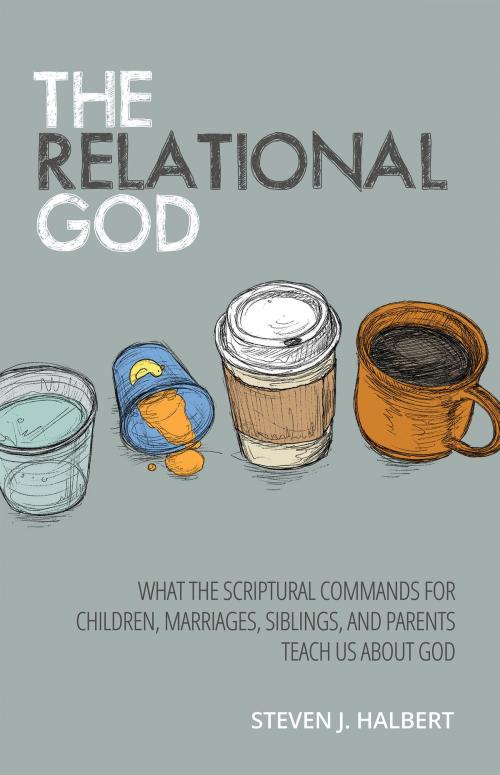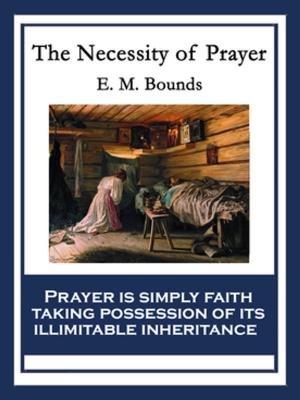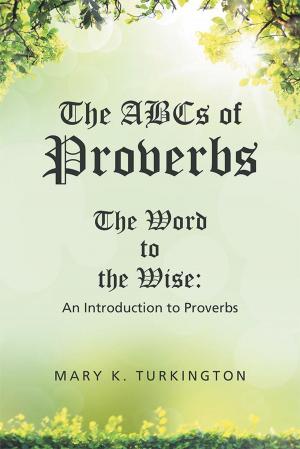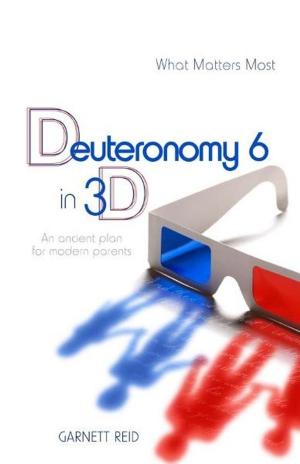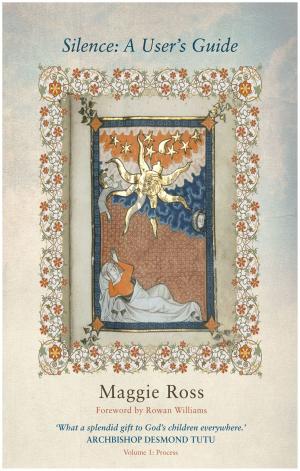The Relational God: What the Scriptural Commands for Children, Marriages, Siblings, and Parents Teach Us about God
Nonfiction, Religion & Spirituality, Christianity, Christian Life| Author: | Steven Halbert | ISBN: | 9780999309919 |
| Publisher: | Steven Halbert | Publication: | November 6, 2017 |
| Imprint: | Smashwords Edition | Language: | English |
| Author: | Steven Halbert |
| ISBN: | 9780999309919 |
| Publisher: | Steven Halbert |
| Publication: | November 6, 2017 |
| Imprint: | Smashwords Edition |
| Language: | English |
What are the most important relationships in your life?
How do those relationships shape your identity?
What does the Bible say about how those relationships thrive?
What does that teach us about the nature and character of God?
The Relational God began with the question, “If God could have created us to be in any sort of relationships, why did He create us to be children, spouses, siblings, and parents?” Even though our identities are so closely tied to those relationships, we don’t often take the time to consider what they might actually be meant to show us. Perhaps there is something bigger God wants us to understand through our identities as sons and daughters, husbands and wives, brothers and sisters, and mothers and fathers.
The Relational God considers our common experiences in these relationships and then looks at Biblical narratives which challenge and support those experiences. The book then examines the Biblical commands for each of those relationships in order to determine what that might teach us about the nature and character of God.
What we discover is that God created these relationships—and the rules which govern them—to serve as living metaphors that reveal truths about Himself. He wants these relationships to thrive, because, when they do, they reflect the very nature and character of God.
What are the most important relationships in your life?
How do those relationships shape your identity?
What does the Bible say about how those relationships thrive?
What does that teach us about the nature and character of God?
The Relational God began with the question, “If God could have created us to be in any sort of relationships, why did He create us to be children, spouses, siblings, and parents?” Even though our identities are so closely tied to those relationships, we don’t often take the time to consider what they might actually be meant to show us. Perhaps there is something bigger God wants us to understand through our identities as sons and daughters, husbands and wives, brothers and sisters, and mothers and fathers.
The Relational God considers our common experiences in these relationships and then looks at Biblical narratives which challenge and support those experiences. The book then examines the Biblical commands for each of those relationships in order to determine what that might teach us about the nature and character of God.
What we discover is that God created these relationships—and the rules which govern them—to serve as living metaphors that reveal truths about Himself. He wants these relationships to thrive, because, when they do, they reflect the very nature and character of God.
